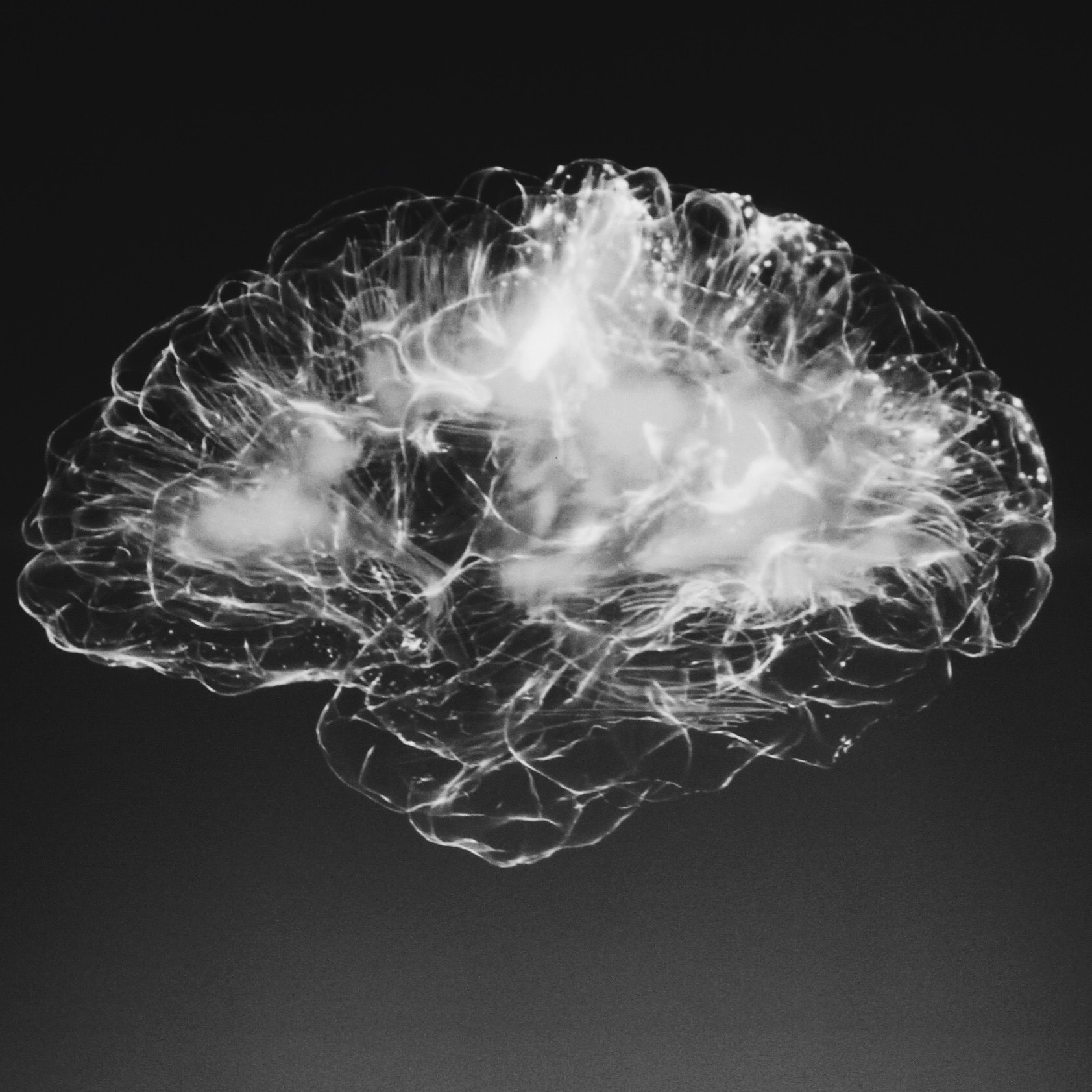Lars Chittka (Queen Mary, University of London), “The mind of a Bee”
TU BerlinAbstract: Bees have a diverse instinctual repertoire that exceeds in complexity that of most vertebrates. This repertoire allows the social organisation of such feats as the construction of precisely hexagonal honeycombs, an exact climate control system inside their home, the provision of the hive with commodities that must be harvested over a large territory (nectar,
















